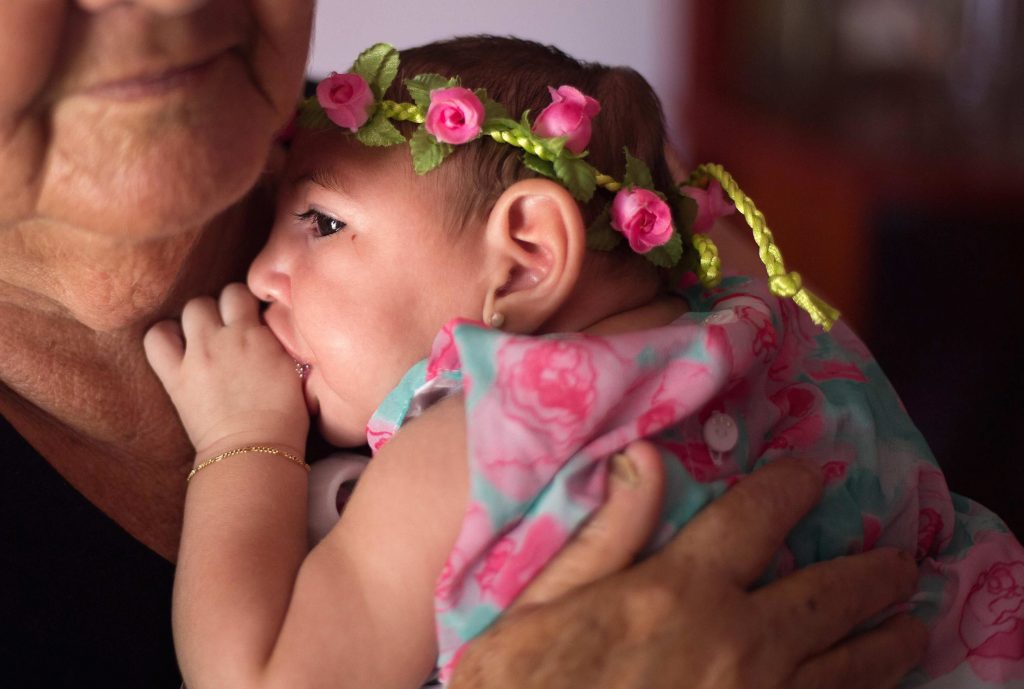Thernrecent vote on the Pain Capable Unborn Child Protection Act is a bioethicalrnissue masquerading as a political one. It is time we as Catholics understoodrnthat. Politics we can disagree on. The dignity of the human person we cannot.
Catholicrnbioethics starts with accepting and honoring the dignity of the human being. Thus,rnpassage of the Pain-Capable Unborn Child Protection Act ought to be arnno-brainer. Leaving aside for the moment the fact that it fails to affectrnabortion prior to twenty weeks, which Catholics find equally wrong, thisrnproposal begins to admit and respect the humanity of the person in the womb.
Abortionrnadvocates understand that very well. Admitting the personhood of the baby inrnthe womb is the beginning of the end for abortion on demand.
Commonrnsense tells us that dismemberment of those who can feel pain is excruciatingrnand therefore wrong. So what is the problem with passing legislation to preventrndismemberment of babies based on their ability to feel pain?
Onernanswer is that there are segments of the governing class that have simplyrnadopted the position that abortion cannot be limited under any circumstance. ForrnCatholics, and for a good deal more of the American population, that is arntroubling position to take, very much out of sync with the electorate.
Thernjustification given for not limiting even the most egregious abortions wasrnthis: we can’t be sure that babies with limited brain matter—anencephalicrnbabies and those with hydrocephalus—feel pain like other babies do. Thereforernit would be unjust to limit the ability of the mother to end that pregnancy, andrntherefore, limiting abortion at 20 weeks is an infringement on medical care of mothersrnin extremely difficult pregnancies.
Pain,rnthese folks argue, is difficult to quantify because it is subjective, thoughrnpresumably these same folks admit it exists and find it personally unpleasantrnwhen it is their own subjective experience. Often cited is an article in thernJournal of the American Medical Association that concludes “Evidence regarding the capacity for fetal pain is limited butrnindicates that fetal perception of pain is unlikely before the thirdrntrimester.” Hence, those opposing the Act argue, thernbasis for the proposed legislation is not valid and would be an unreasonablernrestriction on the right of the mother to end a pregnancy.
Here’srnwhere Catholic bioethics comes in, that little word in the JAMA article: unlikely. The article does not contend that a 20-week-oldrninfant definitely cannot feel pain,rnmerely that they probably don’t. Thernway that we treat that uncertainty says a great deal about how we view eachrnother. At present in American life are two completely different views of thernhuman person, and the kind of society we have will very much depend on whichrnview prevails.
Assumingrnfor a moment that there is uncertainty about the ability of a 20-week-old babyrnto feel pain (and leaving aside the fact that abortion itself is an unthinkablernassault on the dignity of the child at any stage), in whose favor do we resolvernthat uncertainty? That is the essential question at play, not when and how wernrestrict abortion.
Catholicrnteaching about the dignity of human life makes that clear: we resolve it inrnfavor of the child, the one affected by the uncertainty and the one mostrnvulnerable if we are wrong in our assumptions.
Thatrnmeans if there is any possibility that a child of that age feels pain, wernbehave as though he does. For that matter, it means that if there is any doubtrnthat the fertilized egg is a person, we act as though it is. Why? Because that accords the full dignity ofrnhumanity to the least among us. As Catholics, we are called to thatrnstandard. It seems that a good many of those who voted Jan. 29 do not sharernthat philosophy. That is a serious problem, much greater even than the greatrnissue of abortion. Once we accept exceptions to the dignity of human life, nornlife is safe.
Yearsrnago, a family from deep in the piney woods of Florida brought in their month-oldrnbaby to the emergency room, concerned because she wasn’t eating well. The childrndied a few minutes after arrival and I was called in to do the autopsy.
Irnwalked into the morgue to find a month-old baby, dressed in a frilly pink dressrnand matching socks, clean and well cared for, and missing her brain—an anencephalicrnchild, just like those the dissenting senators used as an excuse for refusingrnto prevent the intentional dismemberment in the womb of other babies because “wernaren’t sure they really feel pain.”
Thisrnchild had been born at home, and survived a month, quite a long timernconsidering her disability. She was fed and cuddled and dressed and cared forrnbecause her parents understood that this was not only a child, she was their child.rnThere was no doubt about her dignity in their minds and no doubt about theirrngrief at her death. I saw it. They understood something 189 congressmen and 46rnsenators do not.
Scripturerntells us: I have set before you life and death, blessingrnand curse; therefore choose life, that you and your descendants may live.
It’srntrue in politics as well as in the rest of life. Choose life. And call to taskrnthose who do not. Either we are willing to stand for the dignity of the leastrnamong us, or we have chosen death.
Interested in more? Subscribe to Angelus News to get daily articles sent to your inbox.
Barbara Golder had a 40-year career in medicine and law, including health care ethics. She is now the award-winning author of the ‘Lady Doc’ mystery series and serves as Director of Adult Faith Formation and Evangelization at the Basilica of Sts. Peter and Paul in Chattanooga, Tennessee. She blogs at ladydoclawyer.com.

